KEYNOTE LECTURES
Our keynote lectures will provide you with the opportunity to interact with internationally renowned speakers and medical students possessing mutual passions and interests.
Let great minds guide your next breakthrough.
Let great minds guide your next breakthrough.
Let great minds guide your next breakthrough.
Let great minds guide your next breakthrough.
Let great minds guide your next breakthrough.
Let great minds guide your next breakthrough.
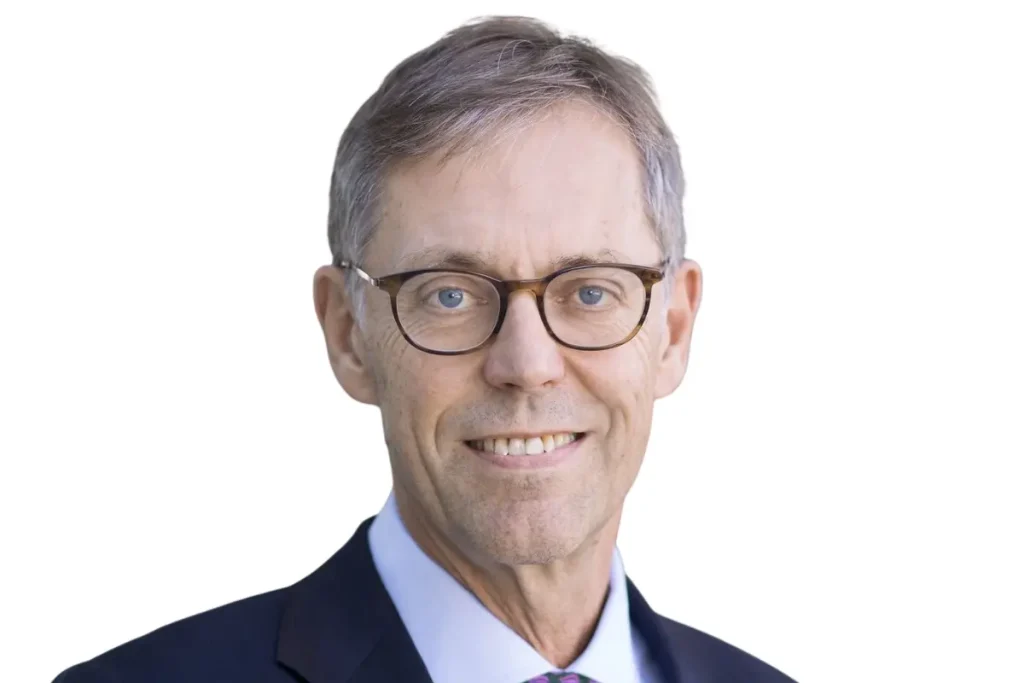
Parkinson’s disease was once considered a non-genetic, uniform neurodegenerative disorder, but it is now understood as a complex and heterogeneous condition with both genetic and environmental causes. More than 25 years ago, the discovery that rare mutations in the SNCA gene, responsible for encoding alpha-synuclein, can cause an autosomal-dominant form of Parkinson’s disease marked a groundbreaking moment in medical research.
Since then, this essential discovery has led to remarkable progress in understanding the complex genetic landscape of this neurodegenerative disorder. For example, variants in the LRRK2 and GBA1 genes have emerged as the most common disease-causing mutations or strong genetic risk factors, with over 100 additional risk loci identified through genome-wide association studies (GWAS).
In recognition of these advances, Prof. Thomas Gasser, MD, PhD, along with Dr. Andrew Singleton and Dr. Ellen Sidransky, received the 2024 Breakthrough Prize in Life Sciences for their groundbreaking work on the genetic risk factors of Parkinson’s disease. Prof. Thomas Gasser is an expert in neurology and has been director of the Department of Neurodegenerative Diseases at the Hertie-Institute for Clinical Brain Research since 2002. In 2010, he became Dean of research of the Medical Faculty at the University of Tübingen and since 2013 he has also been coordinator for clinical studies at the Tübingen partner of the German Center for Neurodegenerative Diseases.
Focused on the genetic and molecular roots of Parkinson’s disease and other movement disorders, his work is transforming how we understand these conditions. Join us at this keynote for a unique opportunity to explore Parkinson’s in depth.
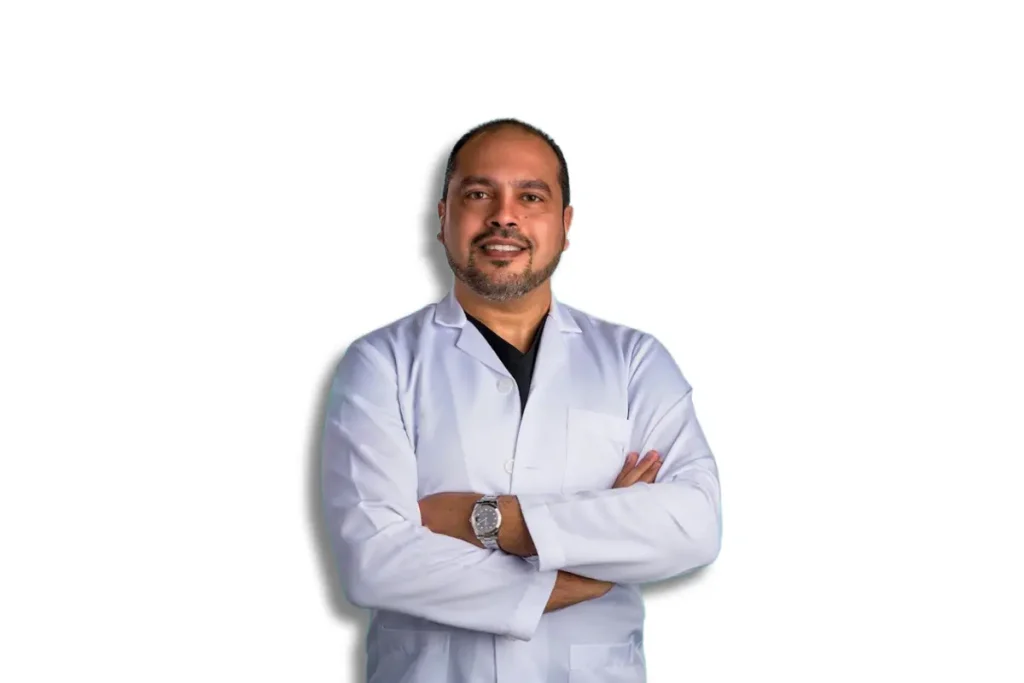
In the heart of war zones, where devastation meets humanity, medicine transcends its boundaries. Every procedure becomes an act of courage, every decision, a balance between compassion and survival. Amid chaos, surgeons not only fight for lives, but also bear witness to the cost of care when resources, time, and safety are luxuries.
Hani Al-Qadhi, MD, FRCSC, Senior Consultant General and Trauma Surgeon at Sultan Qaboos University Hospital, brings to the stage extraordinary stories from the frontlines of conflict medicine. Trained at McGill University and the University of British Columbia, and a Fellow of the Royal College of Surgeons of Canada, Dr. Al-Qadhi has devoted his career to trauma surgery and surgical education.
A former Head of Surgery at SQUH and Program Chair at the Oman Medical Specialty Board, he has been recognized repeatedly as an outstanding educator and researcher. In July 2024, he led a medical mission to Gaza, where his team performed over 150 complex surgeries in just three weeks, operating under conditions beyond imagination.
In his Keynote Lecture, Dr. Al-Qadhi will take us behind the surgical field, exploring the moral, emotional, and human dimensions of practicing medicine in crisis zones. Through stories of resilience, loss, and hope, he will reflect on what it truly means to provide care where compassion is both a lifeline and a cost.
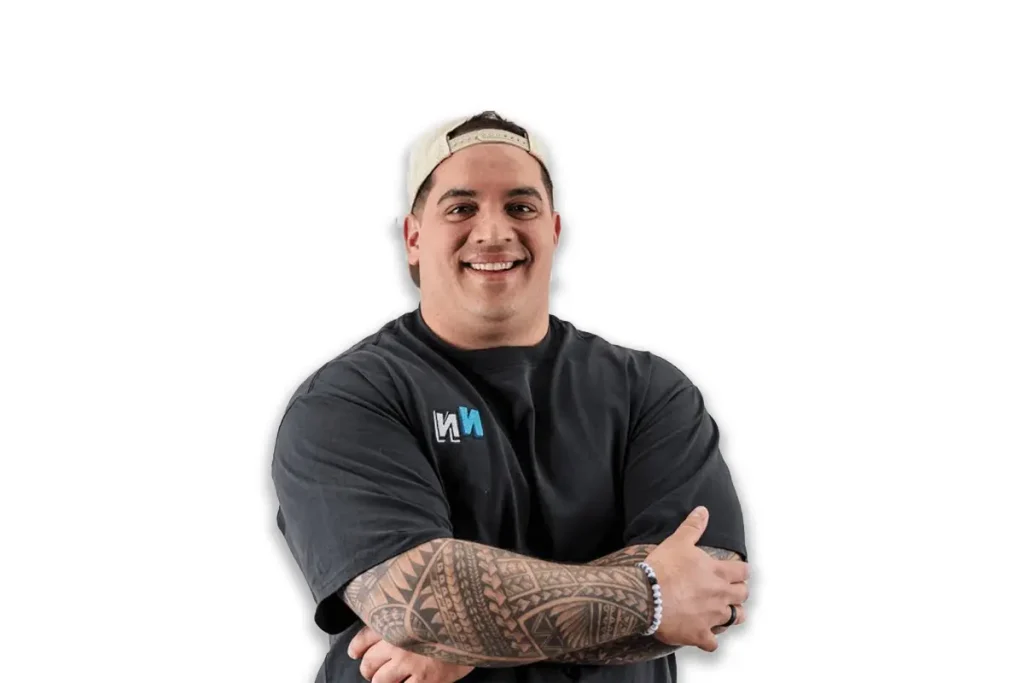
What began as late-night tutoring sessions and a shared love for science turned into one of the most beloved medical education platforms worldwide.
Zachary Murphy, PA-C, MPAS, started tutoring at Northampton Community College after studying Biology with a minor in Chemistry at Misericordia University. His passion for helping students led him to co-create Ninja Nerd, while he later pursued medicine, earning his PA-C degree and specializing in neuro-intensive care.
Robert Beach, DPT, met Zach and Kristin Popovice at Northampton Community College. After earning his Doctorate in Physical Therapy and working briefly as a physical therapist, he fully committed to Ninja Nerd, using his talents in filming, editing, and operations to ensure lessons reach students worldwide.
And so, Zach brings his passion for teaching to life through every lecture he draws and presents, while Rob turns his talents for filming and organization into the foundation that keeps Ninja Nerd running. Together, they built a community where learning medicine feels approachable, human, and full of purpose.
In this Keynote Lecture, the iconic duo will present real renal clinical cases, showing how observation, reasoning, and clinical experience come together to solve some of medicine’s most intriguing puzzles.
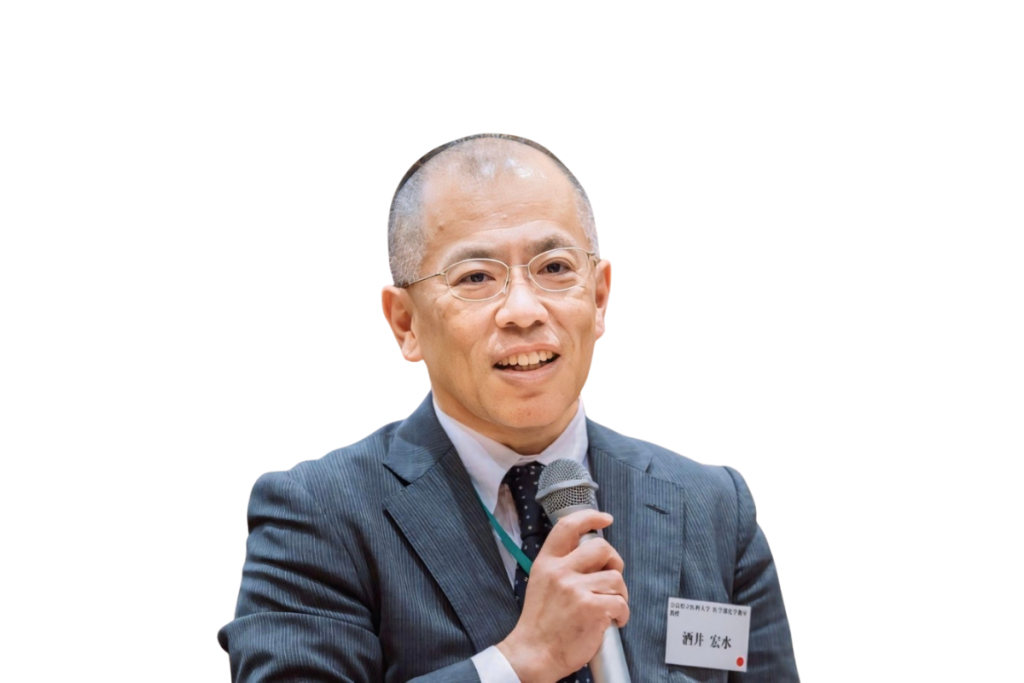
What if the biggest barrier to saving a life isn’t the lack of knowledge or skill, but the absence of something as vital as blood itself? In moments when every second counts, the future of emergency medicine may no longer rely on traditional transfusions.
Imagine a solution injectable on the spot, with no need to match blood type or worry about contamination, storage limitations or infection risks.
If these topics stir your curiosity about the future of transfusions and emergency medicine, then you won’t want to miss the keynote by Prof. Hiromi Sakai, PhD, Professor of Chemistry at Nara Medical University and chief investigator of the artificial red cells project. With a career dedicated to hemoglobin-based therapeutics, Prof. Sakai is the forefront of one of Japan’s most prestigious medical research projects, supported by Japan Agency for Medical Research and Development (AMED) and focused on HbVs – hemoglobin vesicles that replicate red blood cells and are currently in clinical trials.
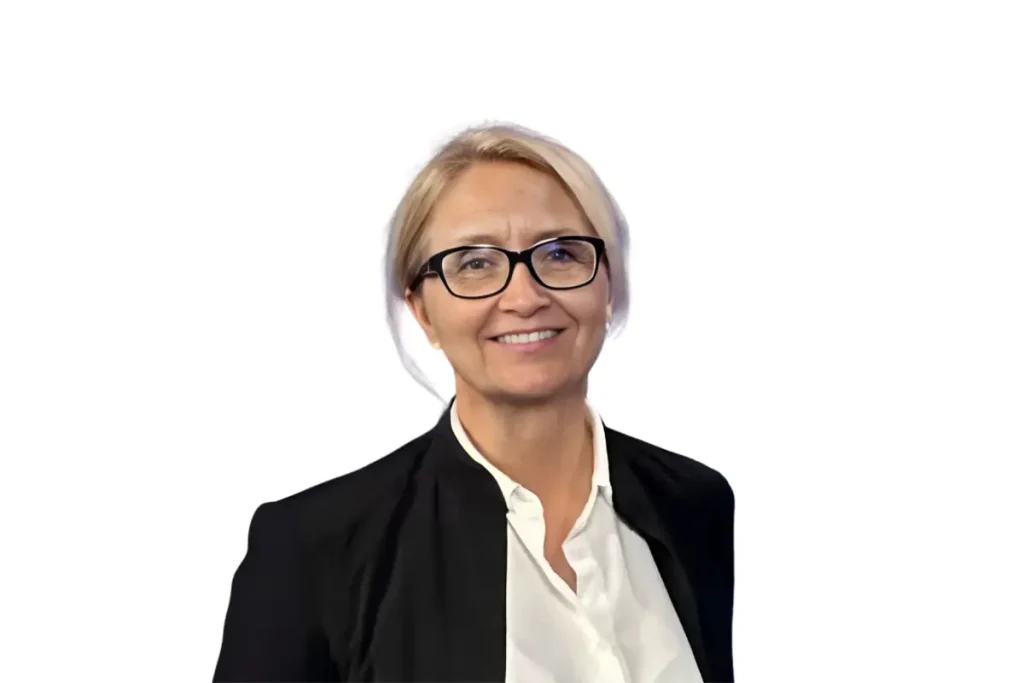
Medicine is advancing rapidly, offering new hope to women affected by absolute uterine factor infertility (AUFI). The birth of children has become possible through robotic uterus transplantation, a minimally-invasive method especially for the donor, turning what once seemed impossible into a true medical miracle.
To learn more about this innovative technique, join us to hear directly from one of the great minds behind it – Adj. Prof. Pernilla Dahm Kähler, MD, PhD, Head of the Department of Gynecology and Reproductive Medicine at Sahlgrenska University Hospital in Gothenburg, Sweden. Involved from the very beginning in one of the most revolutionary procedures in modern medicine, she contributed to the first successful uterine transplantation in 2014, using open surgery. Afterward, the introduction of a robotic-assisted approach enhanced donor safety by reducing blood loss and accelerating recovery. With a focus on gynecological malignancies, Adj. Prof. Dahm Kähler also played a key role in advanced ovarian cancer management and robotic-assisted surgery.
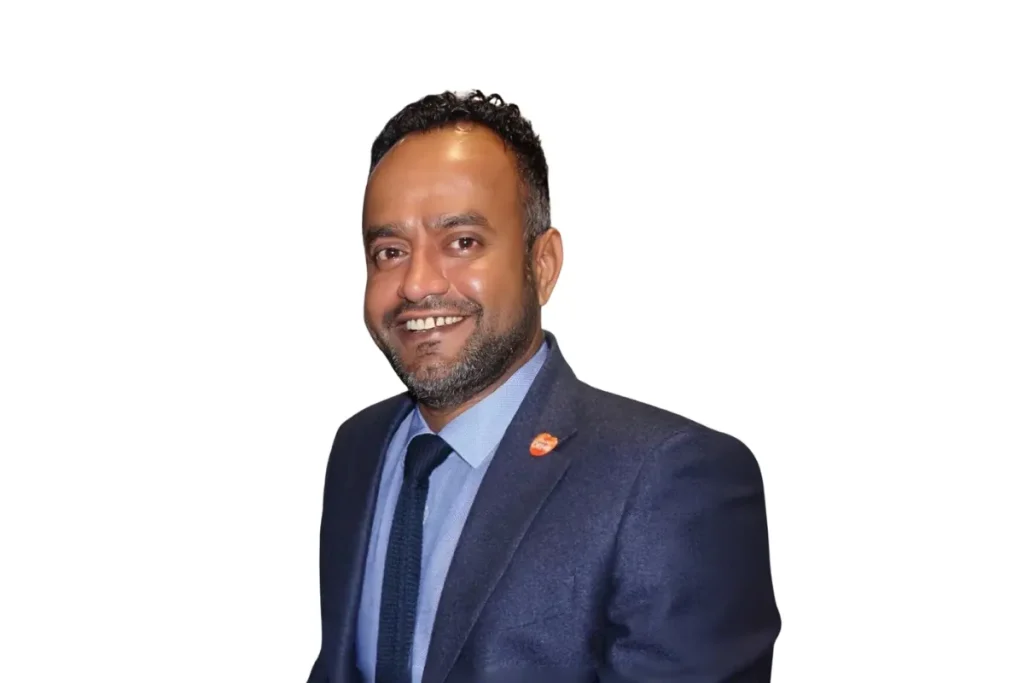
Liver transplantation stands as one of modern medicine’s greatest miracles, a treatment that not only saves lives, but profoundly transforms them. One of the most revolutionary breakthroughs is the revival of a liver once considered non-viable and its successful transplantation, proving that even when all seems lost, life can triumph.
Beyond survival, it restores health and dignity, making it one of the most powerful symbols of medical progress.
Prof. Thamara Perera, MBBS, MS, FEBS, MD, FRCS is a world-renowned liver transplant surgeon, whose career has been defined by innovation and dedication. Trained in Sri Lanka and the United Kingdom, he became a consultant transplant surgeon in 2010 and has since performed more than 1,300 transplants in both adults and children.
He is a pioneering surgeon involved in many machine perfusion clinical trials exploring normothermic preservation. In the early era of machine perfusion which was introduced a decade ago, he performed the world’s first end-cold ischaemic liver transplantation, subsequently revived by normothermic perfusion.
In his Keynote Lecture, you will have the chance to explore the challenges of saving patients at the very edge of life. He will share insights from his innovative work with marginal grafts and normothermic machine perfusion, illustrating how these advances can give hope to patients considered too high-risk for transplantation.
This event will present the stories of patients who survived against the odds and the technical skills required to achieve such outcomes.
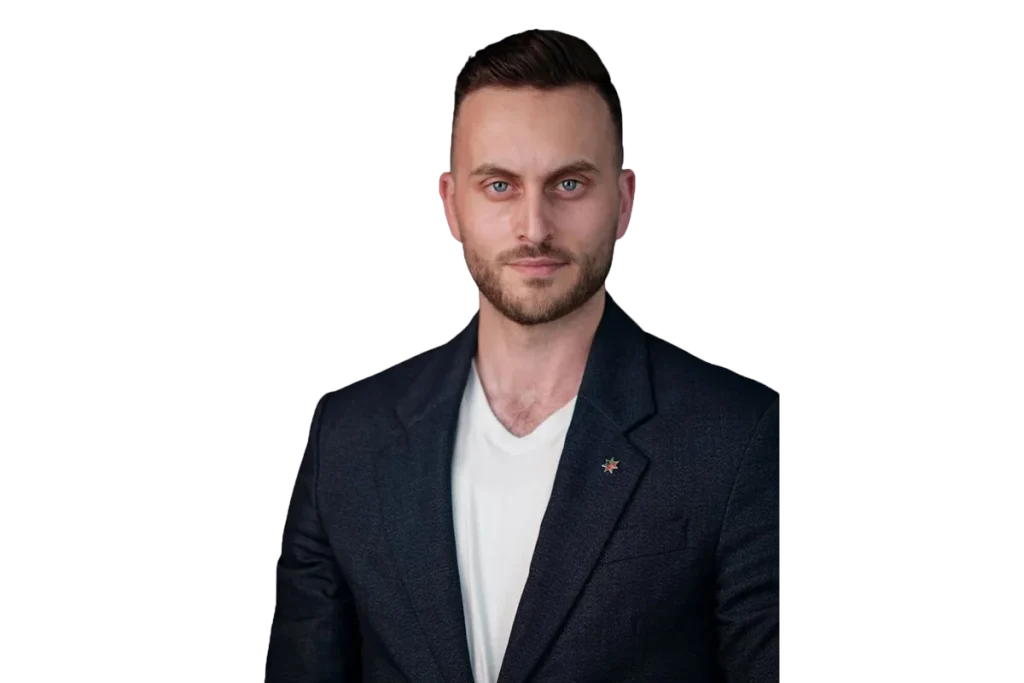
Orthopedics and Trauma Surgery lie at the intersection of human strength and fragility. But the body, built for power, agility, and endurance, is also extremely vulnerable. Understanding mechanisms of trauma and the pathways of healing is key to facilitating athletes’ safe return to competition and enabling patients to reclaim mobility and independence.
Osama Mahmoud Al-Odat, MD is an Orthopedic and Trauma Surgery Specialist whose career spans across multiple countries and disciplines. Having trained in Jordan, Canada, Slovenia and Germany, he has gained expertise in orthopedic trauma and complex pelvic and acetabular fractures. He is an ATLS International Course Director and the founder of Jordan’s Developmental Dysplasia of the Hip Organisation. With a FIFA diploma in Football Medicine, he brings a valuable perspective at the crossroads of sports, surgery and recovery.
In his Keynote Lecture, Osama Mahmoud Al-Odat, MD will highlight the key differences between trauma in athletes and non-athletes, exploring whether surgery is necessary or conservative treatment is enough. He will share insights on injury patterns, recovery and rehabilitation, offering valuable perspectives to help patients regain mobility.